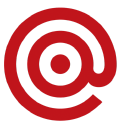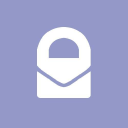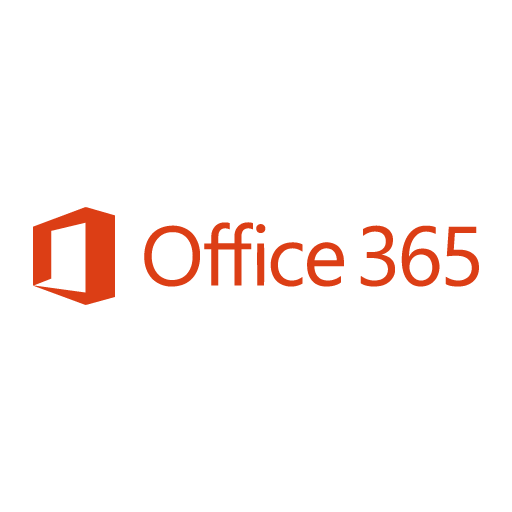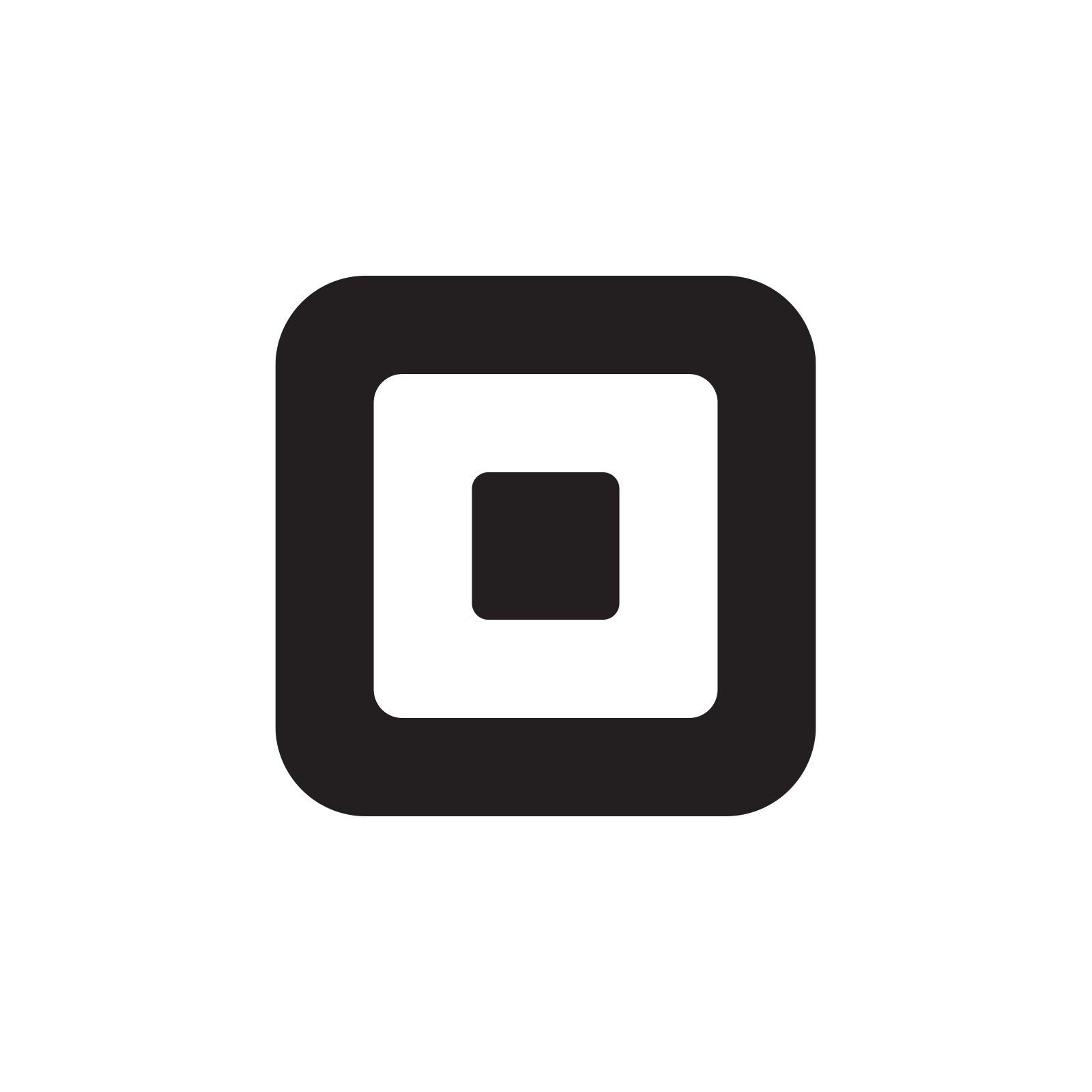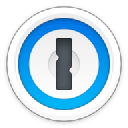How This Cybersecurity Expert Makes $14K/Month Helping Small Businesses
Hello! Who are you and what business did you start?
Hello! My name is Alex Tushinsky, and I'm the founder of Las Vegas Information Security, a consultancy focused on startups and small businesses specializing in practical, common-sense solutions to complex cybersecurity problems.
Despite having "Las Vegas" in the name, I work with people across the entire United States and operate from Henderson, Nevada.
The company itself has been around in one form or another for almost thirty years now. I've always had a sole proprietorship or an LLC to help keep my various side-hustles and projects segregated from my corporate career. The latest incarnation is "Left to My Own Devices Computer Solutions LLC" and was officially started in 2016 when I was offered a contract as a Chief Information Security Officer or CISO for a fintech startup.
I launched Las Vegas Information Security as an alternate name for my LLC, or a DBA, on January 1st, 2021, when I realized that I could make a real difference to many smaller organizations and startups that have been largely overlooked by IT and Cybersecurity firms.
Today, Las Vegas Information Security, or LVIS for short, is a consultancy designed to help consumers, small...



